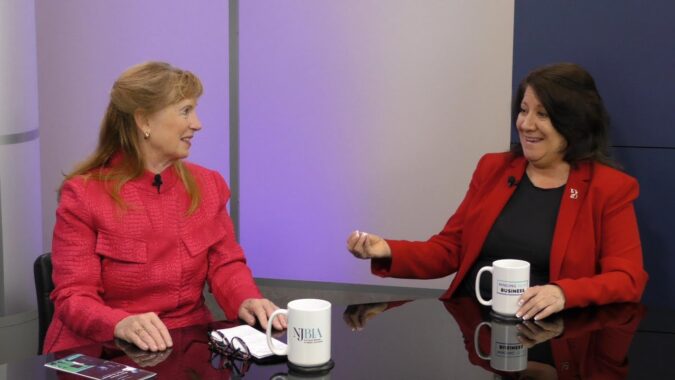NJBIA Vice President of Government Affairs Althea D. Ford testified on Monday that public charter schools are an integral part of the state’s education system, providing students and families with diverse opportunities and employers with a highly skilled workforce.
“Charter schools are an important part of the array of educational settings that can provide students and families with an experience that best meets their academic and social needs,” Ford told the Senate Education Committee in her prepared testimony.
“As taxpayers, businesses of all sizes make significant investments in the state’s public education system,” Ford said. “A well-educated workforce is a competitive workforce. By offering more and diverse educational options and opportunities for future innovators, more entrepreneurs and leaders who represent the diversity of our state and drive our economy forward are created.”
The Senate Education Committee, chaired by Sen. Vin Gopal (D-11) held the meeting on Monday afternoon to evaluate the 30-year-old law that allowed the creation of public charter schools, which operate independent from local school boards. The Charter School Program Act of 1995 was designed to give parents more choices for their children's education and to improve student learning, especially in urban areas.
Ford noted the state Department of Education recently published its 2024 New Jersey Student Learning Assessment (NJSLA) scores, which show academic gains in English Language Arts and math for students in public charter schools, and particularly notable gains for Black, Latino and economically disadvantaged students.
“It is important that recommended updates to the Charter School Program Act do not hamper the flexibility of these schools to successfully adapt and respond in ways that yield student growth and success,” Ford said.
The charter school model incentivizes innovation by offering alternatives to traditional public schools, Ford pointed out.
“This innovation creates healthy disruption and competition amongst schools and encourages greater efficiency within the education system, as all schools are incentivized to better adapt and respond to the community’s educational demands,” Ford said.
“For example, through specialization, charter schools can become academic hubs for students with interests in the arts, STEM or career and technical education. This flexibility strengthens community partnerships with industry partners and provides increased student exposure to valuable career interests,” Ford said. “To ensure that the Legislature’s intent and codified expectations of the Charter School Program Act are realized, the Department of Education should be given the appropriate resources and personnel to execute and enforce the law.”
With proper enforcement, there can be a better determination of the effectiveness of the existing law, as well as confidence that updates to the law will be enforced, Ford said.
“Transparency concerning the distribution and use of public funds is important to ensure accountability,” Ford said. “Accountability, and the criteria used to determine it, should be clear, measurable, and adequately communicated to stakeholders. Publicly posting charter school budgets, a recommendation offered by the New Jersey Public Charter Schools Association, is a step in the right direction.”
Go here to read Ford’s entire testimony.

